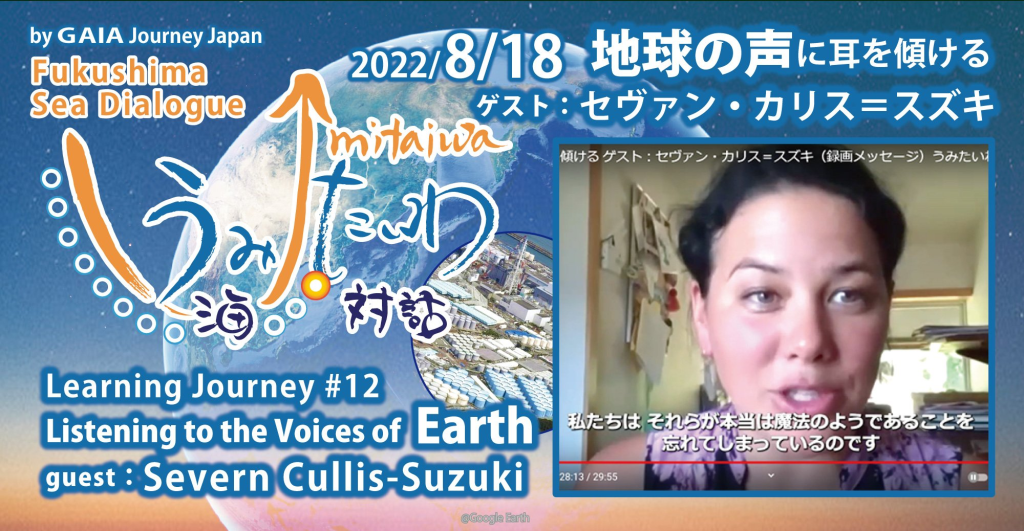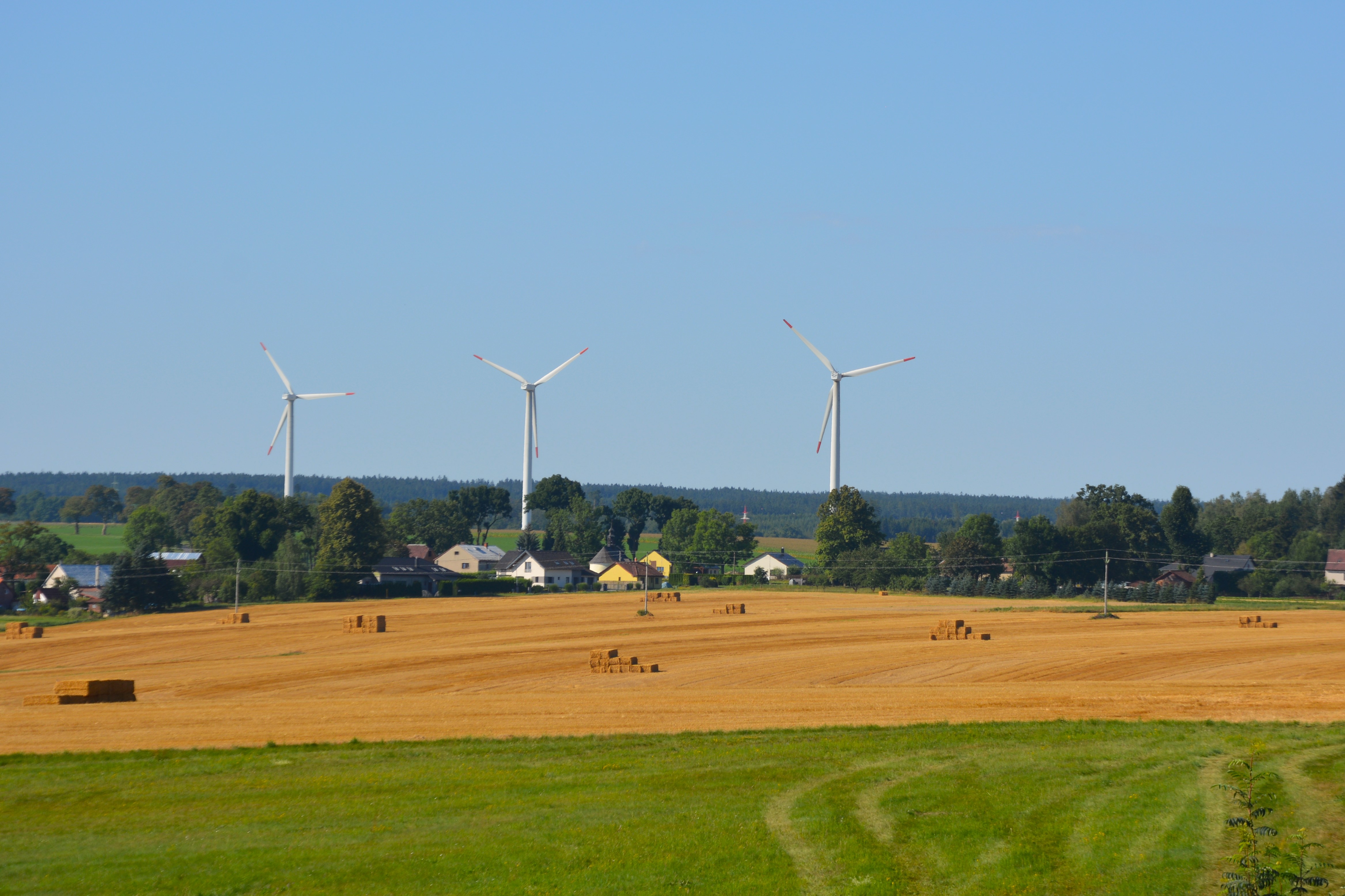By Uno Saeko (GAIA Japan Umitaiwa Team, National Association of Evacuees for the Right to Evacuation)
Thirteen years into the Fukushima nuclear accident, while many have forgotten about it, believing it to be over, those affected are gradually waking up to what they have lost. Huge restoration budgets turning hometowns into unrecognizable places; evacuation orders rescinded, making it possible to live in the midst of high radioactive contamination; evacuees from outside the official evacuation zones targeted by harassment-like lawsuits; and the sickness and premature deaths of oneself, one’s family, and friends. We have been taught the lessons of a severe reality brought about by the loss of community and exposure to radiation. And we have bitten hard on the reality that the rights of protection from radiation and of evacuation demanded have not been realized as they should have been through the Act on Promotion of Support Measures for the Lives of Disaster Victims to Protect and Support Children and Other Residents Suffering Damage due to Tokyo Electric Power Company’s Nuclear Accident.
Even after the occurrence of the Noto Peninsula earthquake, the power companies, the Nuclear Regulation Authority, and the government have not shut down nuclear power plants. To the contrary, while even restarting them, have done all they can to ensure their policies remain unchanged. Meanwhile, many of us, the people of Japan, have lived our lives without making any serious protest. A former Energy Agency employee, when I asked him, told me, “This recent earthquake is not an event that will have any impact on the Strategic Energy Plan.” However many times nature warns us, Japan’s neural circuitry (the ability to think things through) has been severed and we are about to slip over the edge of the cliff without the ability to sense danger.
 What do we need to reconnect our severed neural circuitry, see the social realities, and bring about change? The author of Theory U, C. Otto Scharmer, says that For transformation of the social field (patterns of collective action) to be possible, there must be a holding space in which all stakeholders suspend their differences of opinion and position and, through generative dialogue, build new relationships to deeply observe together what the real issues are.
What do we need to reconnect our severed neural circuitry, see the social realities, and bring about change? The author of Theory U, C. Otto Scharmer, says that For transformation of the social field (patterns of collective action) to be possible, there must be a holding space in which all stakeholders suspend their differences of opinion and position and, through generative dialogue, build new relationships to deeply observe together what the real issues are.
Dialogue is not an alibi masquerading as a democratic decision, nor is it a tool for engaging people toward an assumed goal, but it is a deep dialogue that allows for collective creativity to emerge, thereby creating action and collaboration that is connected to the essential intention.
In search of such transformative possibilities, Umitaiwa (Sea Dialogue) began as a learning journey, with the issue of the discharge of radioactive water into the ocean due to the Fukushima nuclear power plant accident as its entry point. The name “Umitaiwa” expresses our hope that “through dialogue, the practice of U Theory, we can overcome the giving up, connect deeply with each other, and look into the shadows of society to create a future in which all life can live happily together. Umitaiwa has been held online once a month since September 2021. We invite a guest who is one of the various stakeholders in the contaminated water problem to attend each meeting to listen to their thoughts and engage in dialogue.
 Thus far, we have listened to the voices of and held dialogues with activists, people related to fisheries and farming, residents of the affected areas, evacuees from extensive areas, Ministry of Economy, Trade and Industry officials, engineers from nuclear energy academic societies and the IAEA, nuclear power plant workers, young people from the Marshall Islands, researchers opposing nuclear power, the environmental activist Severn Suzuki, young people who were children at the time of March 11, 2011, and others.
Thus far, we have listened to the voices of and held dialogues with activists, people related to fisheries and farming, residents of the affected areas, evacuees from extensive areas, Ministry of Economy, Trade and Industry officials, engineers from nuclear energy academic societies and the IAEA, nuclear power plant workers, young people from the Marshall Islands, researchers opposing nuclear power, the environmental activist Severn Suzuki, young people who were children at the time of March 11, 2011, and others.
On this learning journey, the participants are urged to temporarily suspend their own ideas and engage in deep listening, dialogue, and self-reflection. This means that one should open one’s head, heart, and will and place oneself in the other person’s shoes without losing oneself in the inner voice of one’s value judgements, resignation and fear. In doing so, each of us elevates our ability to engage in dialogue and our collective power. We have thus, while creating the forum through trial and error, experienced a new awareness of a great number of things and have deepened our connectivity. In the future, we hope to become able to hold multi-stakeholder discussion forums, and to have many people sense the potential of dialogues. Even further into the future, I would like to bequeath to our grandchildren, who will live in the coming era of decommissioning and the management of nuclear waste, a society that overcomes divisions and is capable of cooperating for the joy of life – that is my hope after 13 years have now passed since March 11, 2011.
Websites:
National Association of Evacuees for the Right to Evacuation: hinannokenri.com/
Umitaiwa: umitaiwa.worldchange.jp

 9 months ago
503
9 months ago
503


